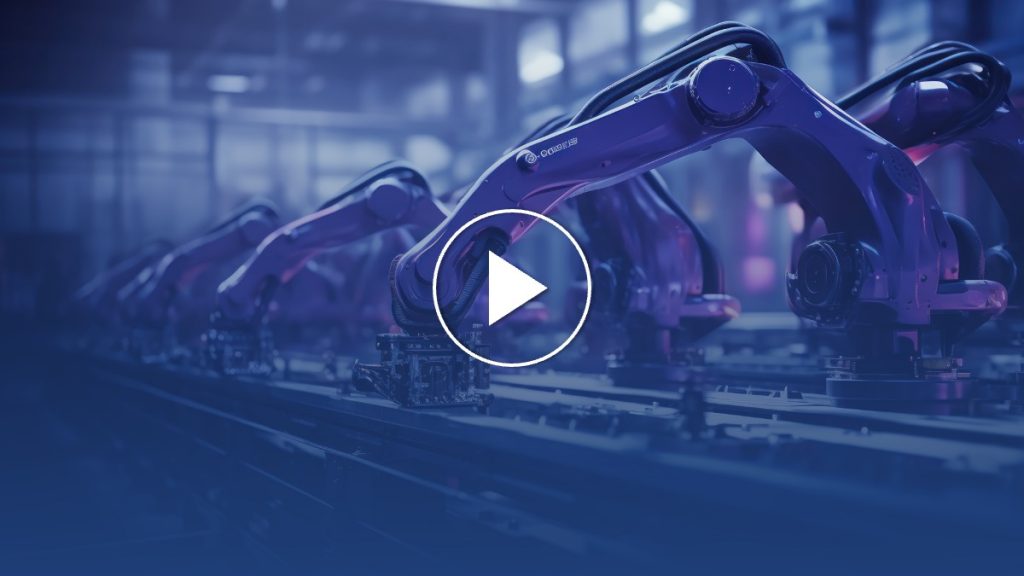Open Standards in Automation: Paving the Way for Next-Generation Industrial Operations
Last week, at the Orlando ARC Industry Leadership Forum, Greg Orloff from IIoT World sat down with Dave Emerson, Vice President of the US Technology Center at Yokogawa, and Mark Hammer, OPA Product Management at Yokogawa, to delve into the advancements and future directions in process automation. Yokogawa, a pivotal player in the global open process automation (OPA) arena, is steering the industry toward a more integrated and standardized future.
Yokogawa’s commitment to the OPA initiative highlights a strategic shift in the process automation industry towards open, interoperable systems. As a longstanding member of the OPA Foundation, Yokogawa aims to transcend its role from a component supplier to a comprehensive system integrator. This ambition is underscored by their role as ExxonMobil’s OPA test bed system integrator, developing and staging field trial systems that promise to revolutionize how industries manage automation.
The global interest in OPA systems is not confined to theoretical discussions; it’s being actualized through various testbeds and systems being deployed worldwide. These deployments, from Nexen Petroleum’s installations to Shell’s explorations, signal a robust global shift towards embracing OPA’s principles. Yokogawa’s active participation in these projects showcases their frontline position in facilitating this industrial transformation.
Looking into the crystal ball of process automation, both Emerson and Hammer share a vision of inevitable IT integration into operational technology (OT), propelled by OPA. This integration is not just about upgrading old systems but redefining the architecture of process control to accommodate advancements like AI and machine learning seamlessly.
The open architecture of OPA systems allows for a more flexible and scalable approach to process automation, enabling the quick integration of innovative solutions without the cumbersome overhaul of existing infrastructure.
The move towards OPA is not merely a technological shift but a strategic one that addresses the age-old problem of obsolescence in automation systems. The promise of an “Evergreen” system, where upgrades and expansions do not necessitate extensive downtime or capital expenditure, is particularly appealing. This shift is expected to foster a new wave of interest and investment in open process automation systems once pioneers like ExxonMobil demonstrate their operational viability and value.
Furthermore, the conversation touched upon the critical aspects of cybersecurity and sustainability in the context of OPA. The inherent secure-by-design nature of OPA systems introduces a paradigm shift in how industrial systems defend against cyber threats, moving away from perimeter defense to intrinsic, layered security measures.
Yokogawa’s insights from the ARC Forum paint a promising picture for the future of process automation. The transition towards open, flexible, and secure systems through OPA is not just a technological inevitability but a strategic imperative for industries looking to harness the full potential of IT-OT integration. This vision, backed by pioneering efforts and global deployments, sets the stage for a new era in industrial process automation, where innovation, sustainability, and security converge to drive unprecedented operational efficiency and value.
This blog post was created based on the script of the video with the assistance of https://chat.openai.com/.
